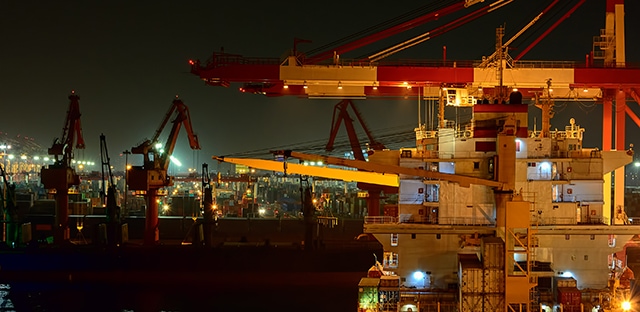US-China trade tensions benefit Latin America's commodities and exports.

The US-China trade war, from the Latin American perspective, poses opportunities for the food and semi-finished goods sectors. As the region’s business leaders raise their short-term expectations of exports of soybeans, cotton, corn, meat, wine and other products to the Asian superpower, they also set their sights on overcoming the Chinese market’s resistance to value-added goods.
They are also ready to occupy the space left in the US market since Washington imposed higher tariffs on Chinese steel and aluminum. At least so far, Brazilian and Argentinian producers have been exempted from the tariffs.
The more such big dogs fight, the more opportunities open up for South and Central American countries. The Chinese ambassador to Peru, Jia Guide, recalls that last year, before any trade war was on the horizon, China-Latin America trade increased 18.8% to $260 billion, and his country’s investments in this region surpassed $200 billion.
“The disputes between China and the US will bring opportunities to Latin American countries,” Jia says.
Some South American export sectors are well placed to meet Chinese demands. Brazil is already China’s main provider of soybeans, and Argentina is China’s top poultry supplier. Even Paraguay, which has no diplomatic relations with China, is expecting to increase exports of soybean through indirect channels.
According to the Argentinian Soybean Productive Chain Association, this situation could force China to increase its imports of soybean oil and bran from South America, overcoming a longtime reluctance to purchase value-added products from Argentina and Brazil.
Still, South Americans remain cautious in calculating future benefits, as tensions between Washington and Beijing could be eased with a telephone call.



